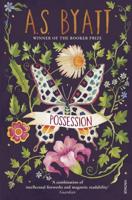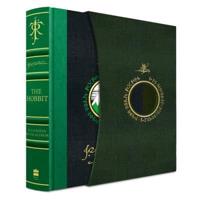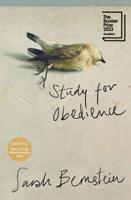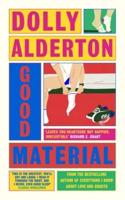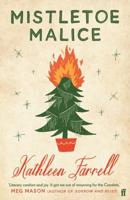Publisher's Synopsis
The Call of the Wild is a short adventure novel by Jack London published in 1903 and set in Yukon, Canada during the 1890s Klondike Gold Rush, when strong sled dogs were in high demand. The central character of the novel is a dog named Buck. The story opens at a ranch in Santa Clara Valley, California, when Buck is stolen from his home and sold into service as a sled dog in Alaska. He becomes progressively feral in the harsh environment, where he is forced to fight to survive and dominate other dogs. By the end, he sheds the veneer of civilization, and relies on primordial instinct and learned experience to emerge as a leader in the wild. London spent almost a year in the Yukon collecting material for the book. The story was serialized in the Saturday Evening Post in the summer of 1903 and was published a month later in book form. The book's great popularity and success made a reputation for London; much of its appeal derives from its simplicity as a tale of survival. As early as 1923, the story was adapted to film, and it has since seen several more cinematic adaptations. Plot: The story opens with Buck, a large and powerful St. Bernard-Scotch Shepherd, [1][2] living happily in California's Santa Clara Valley as the pet of Judge Miller. He is stolen by the gardener's assistant, however, sold to fund the latter's gambling addiction, and shipped to Seattle. Put in a crate, he is starved and ill-treated. When released, he attacks the "man in the red sweater" but is badly beaten and taught to respect the "law of the club". Buck is then sold to a pair of French-Canadian dispatchers from the Canadian government, François and Perrault, who take him with them to the Klondike region of Canada. There, they train him as a sled dog. From his teammates, he quickly learns to survive cold winter nights and the pack society. A rivalry develops between Buck and the vicious, quarrelsome lead dog, Spitz. Buck eventually beats Spitz in a fight "to the death". Spitz is killed by the pack after his defeat by Buck, and Buck eventually becomes the leader of the team. The team is then sold to a "Scottish half-breed" man working the mail service. The dogs must carry heavy loads to the mining areas, and the journeys they made were tiresome and long. One of the team, a morose husky named Dave, becomes sick and eventually has to be shot to end his misery. Buck's next owners are a trio of stampeders (Hal, Charles, and a woman named Mercedes from the United States), who are inexperienced at surviving in the Northern wilderness. They struggle to control the sled and ignore warnings that the spring melt poses dangers. They overfeed the dogs and then starve them when the food runs out. On their journey they meet John Thornton, an experienced outdoorsman, who notices the dogs have been poorly treated and are in a weakened condition. He warns the trio against crossing the river, but they ignore his advice and order Buck to move on. Exhausted, starving, and sensing the danger ahead, Buck refuses and continues to lie unmoving in the snow. After Buck is beaten by Hal, Thornton recognizes him to be a remarkable dog. Disgusted by the driver's treatment of Buck, Thornton hits Hal with the butt of his axe, cuts Buck free from his traces, and tells the trio he is keeping him, much to Hal's displeasure. After some argument, the trio leaves and tries to cross the river, but as Thornton warned, the ice breaks, and the three fall into the river and drown, along with the sled and neglected dogs. Buck comes to love and grow devoted to Thornton as he nurses him back to health. He saves Thornton when the man falls into a river. After Thornton takes him on trips to pan for gold, a bonanza king (someone who hit it rich in a certain area) wagers Thornton on the dog's strength and devotion.... John Griffith "Jack" London (born John Griffith Chaney, January 12, 1876 - November 22, 1916)was an American novelist, journalist, and social activist.




